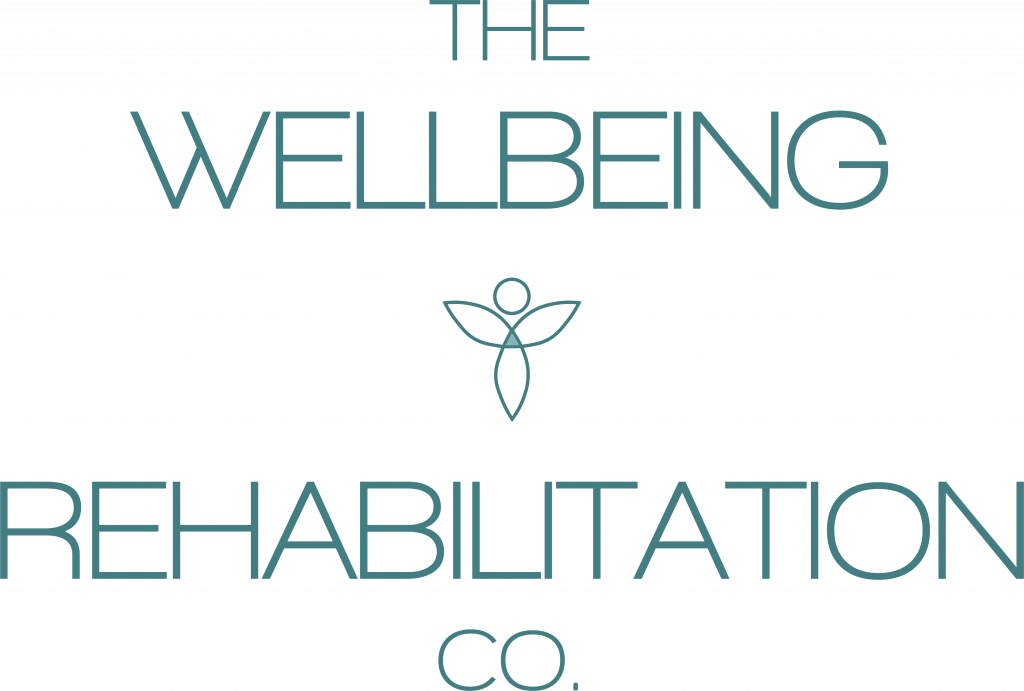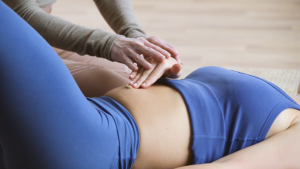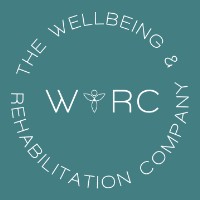
Why Your Core Still Feels Weak
It is common to feel ongoing core weakness, softness, or instability—even years or decades after childbirth. And for those who have never given birth, similar symptoms can still show up due to other factors like aging, muscle imbalances, or habitual movement patterns.
During pregnancy, the body undergoes major adaptations to support the growing baby. The abdominal muscles stretch, the connective tissue thins, and the pelvic floor is placed under significant pressure. After birth—whether vaginal or caesarean—most people are not given the knowledge or support to properly rebuild and reconnect their core muscles.
But pregnancy is not the only cause of a weak or dysfunctional core. As people age, muscle strength naturally declines, posture changes, and breathing patterns often become less efficient. These changes can gradually disrupt how the core functions—even in those who have never been pregnant.

So Why Does the Core Still Feel Weak?
Here are some of the most common reasons:
1. Separation of the Abdominal Muscles
Often related to pregnancy, this condition involves a widening of the tissue between the left and right sides of the abdominal wall. In some cases, the tissue remains stretched and lacks tension, even years later. This can result in a feeling of softness or loss of support, especially in the middle of the abdomen.
2. Pelvic Floor Dysfunction
The pelvic floor is a key part of the core system. If it is too weak or overly tense, the rest of the core cannot function properly. Symptoms may include leaking urine, pressure or heaviness in the pelvis, discomfort during movement, or pain in the hips or lower back. These issues are not exclusive to people who have given birth.
3. Compensatory Movement Patterns
Over time, the body can develop habits of using the wrong muscles for support—such as the lower back, gluteal muscles, or neck—instead of the deep abdominal muscles. These patterns may develop during or after pregnancy, but they can also result from years of poor posture or movement habits. They often lead to ongoing weakness and imbalance, despite efforts to strengthen the core.
4. Breathing Mechanics and Core Coordination
The diaphragm, abdominals, and pelvic floor are designed to work together as a unit. When breathing becomes shallow, chest-focused, or disrupted—often due to stress or chronic tension—the core loses its natural rhythm and stability. Breathing may seem unrelated to core strength, but the connection is significant.
5. Lack of Targeted Rehabilitation
Core recovery is often assumed to happen naturally with time, but without intentional retraining, deep core muscles may remain underactive or uncoordinated. Traditional exercises like sit-ups or planks may not be effective—or could even make symptoms worse—if the foundational control and alignment are not restored first.
What Can You Do?
A targeted, whole-body approach is key to restoring core strength and function. That means going beyond just abdominal exercises. Instead, it involves understanding how your entire core system—your pelvic floor, diaphragm, deep abdominal muscles, and surrounding structures—works together to support movement, stability, and everyday strength.
A thorough assessment can help identify the specific patterns, weaknesses, or imbalances contributing to the way your core feels. With the right guidance, it is absolutely possible to rebuild strength and regain confidence in your body.
This kind of focused approach can help you:
✅ Reconnect with your deep core and pelvic floor
✅ Improve abdominal tension and reduce the feeling of weakness or bulging
✅ Address bladder leaks, pelvic heaviness, or discomfort
✅ Build core strength safely and effectively from the inside out
✅ Move with better control, balance, and confidence—at any age
But It Has Been Years… Is It Too Late?
Not at all. It is common for people in their 40s, 50s, 60s, and beyond to believe that core weakness is just something they have to live with—especially if it has been decades since childbirth, or if no one ever mentioned core rehab in the first place.
But it is not too late. The body has an incredible capacity to adapt, heal, and strengthen at any stage of life. Many people are surprised by how much better they feel after finally addressing these underlying issues—even years later.
Need Support?
Our Women’s Health Physiotherapy sessions provide personalised assessments and guidance to help you rebuild your core safely and effectively.
And if you are looking to keep progressing in a supportive, low-impact environment, our Physiotherapist-led Pilates classes are designed to strengthen from the inside out—improving core control, posture, and overall movement confidence.
Whether you are just starting or picking things back up after years, we are here to help you feel strong, stable, and connected again.
Get in touch to book a Women’s Health Physiotherapy session or to book onto a Pilates class.
Call us on: 0161 676 0341
Email us at: info@wellbeing-rehab.co.uk

Specialist providers of clinical and wellbeing services designed to meet your individual health needs.